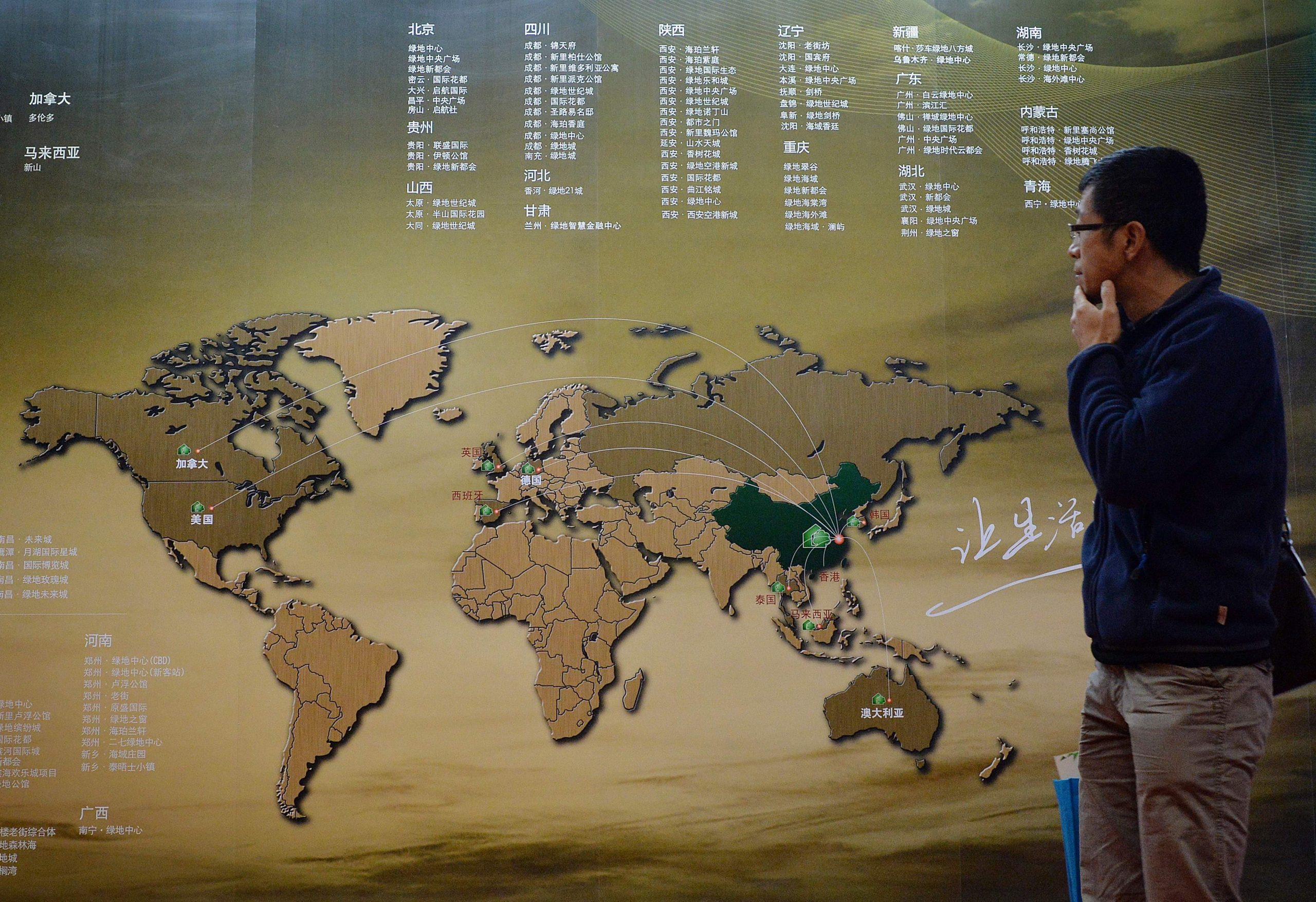
On 19 January, China posted economic growth figures for 2015 of 6.9 per cent, its lowest since 1990. The statistic obscures a reality in which big-city dreams still come true, even as the heavy industry and manufacturing centres that have lifted 700 million people out of poverty over the past quarter-century grind to a halt. While growth in the service sector, widely championed as the best hope for a country with a shrinking labour force, rose to over 8 per cent, industrial-sector growth shrank to just over 6 per cent.
Perhaps unsurprisingly, such figures accord nicely with the government’s stated aim of moving from an investment-led economy to one driven by consumption and innovation. Here in Beijing, the slowdown is hardly felt. People with coveted local resident status have access to one of China’s best school systems, handsomely subsidised housing, basic health care and, crucially for this time of year, free heating. There is still more to be gained for those who are ready to work. The government has invested billions of yuan into stimulating a start-up economy, encouraging private equity and venture capitalists to do the same.
Even as property prices falter nationwide, glassy, open-plan co-working spaces catering to tech start-ups occupy prime real estate in the city. They have no trouble finding clients who pay above-market rents for the privilege of rubbing shoulders with their peers. Buoyed by the torrent of investment, a recent graduate with even half an idea for a start-up can, in effect, land quite a bit of cash.
The biggest cities also benefit more than other parts of China from the growing service economy. The trickle of wealthy customers able to support the private jet and Bentley showrooms that have sprung up near my home is complemented by the expanding ranks of upper-middle-class Beijingers who can afford to frequent the capital’s multiplying fixed-gear bike shops, microbreweries and Apple Stores.
Beijing has insulated itself so well that the strident nationalist tone of government pronouncements often rings false. This autumn’s massive anti-Japanese military parade seemed surreal. More than anything, it irritated city-dwellers here whose hopes of getting out to their weekend homes in the countryside were foiled by road blockages. At the same time, civil society groups that might have smuggled in news from elsewhere have been almost killed off in recent months.
Yet the words trickle in. “Zombie” is the term that cosmopolitan bankers and analysts use to describe the legion of sinking behemoths that have produced more steel, cargo ships and cement than the country has use for, now that manufacturing has gone overseas. The heavy industries that powered China’s boom are suffering a similar fate as the central government eliminates inefficient old factories and consolidates the better ones.
Technocrats prefer to be euphemistic. “Human resources optimisation” was the term used for the stripping of 18,000 jobs at one state-owned steel company in a province abutting Beijing. Such “optimisation” creates another Chinese phenomenon: “invisible unemployment”, in which workers are kept on minimal benefits and sharply reduced wages in exchange for little or no work. But even government-sponsored think tanks pronounce the phenomenon unsustainable. Where will such workers go with their blue-collar skills? Village welfare support is a fraction of what is provided in places such as Beijing. A disabled man in Anhui – once a centre for the dirty but lucrative production of cement – might receive 70 yuan (roughly £7.50) a month in support.
Sometimes, echoes of such tribulations arrive in Beijing, which is now doing its best to stem a new wave of migrants from the countryside. A few months ago, wearers of expensive, thin-soled dress shoes might have noticed the crunch of glass beneath their feet before they passed under an archway, proclaiming “Tuanjiehu welcomes you” in red characters, and down into the subway station. That is where police made their way along one of the side alleys, clearing out migrant workers who were renting space to sell flowers, manicures, nuts, fruit and lingerie. Some resisted and had their windows shattered.
One of them, a young flower seller, walked away. She had dropped out of college back home to build her own little piece of the new economy five years earlier. “In September, they closed down thousands of migrant shops,” she tells me from Hubei, where she is now staying with relatives. “It’s too expensive to start again now. Maybe next year.”
This article appears in the 20 Jan 2016 issue of the New Statesman, The Middle East's 30 years war





